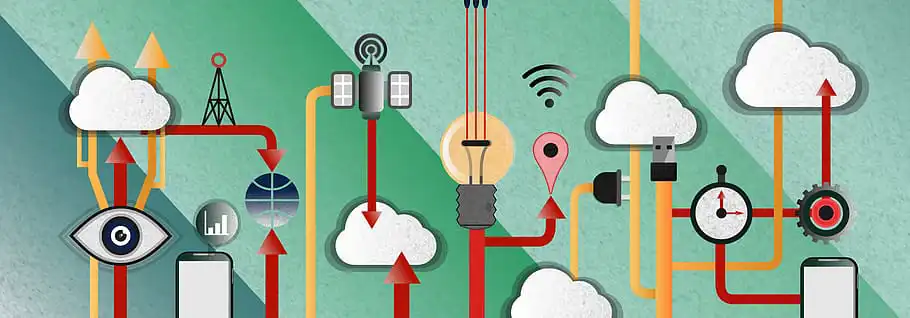For Windows 10 users, Microsoft's latest announcement serves as a reprieve, particularly for those who aren't quite ready or willing to make the move to Windows 11. The tech giant has decided to extend security updates for Windows 10 to January 2029.
Previously, the company's lifecycle webpage indicated an end of service for Windows 10 by October 14, 2025. However, a recent update to this now gives the reassurance of further updates to mitigate security vulnerabilities and continue assisting users in maintaining a safe digital environment.
However, it's not all rosy. There is a significant caveat attached to this seemingly generous extension. These additional updates come at a price that may very well be beyond the budgetary capabilities of some users or even small to medium-sized enterprises.

It is also relevant to mention that this service isn't an entirely new offering. Microsoft has previously provided 'Extended Security Updates' or ESUs for Windows 7. This allowed organizations to maintain critical service on their computers beyond the official end-of-life date.
As for pricing, thus far, Microsoft has kept it vague, stating that costs would be worked out on a 'per device basis'. This takes into account varying factors, such as the specific needs and wants of the customer, the number of users, and the depth of protection needed.
While we might expect that this service won't come cheap, it gives some much-needed flexibility, particularly in institutional contexts. Imagine a hospital, for instance, still running essential services on Windows 10 machines. This extension could be vital to maintaining and securing those systems.
This move is also significant for another reason - it gives a strong hint towards Microsoft's future plans for Windows support. It suggests that Microsoft is moving more towards a 'service model with Windows 11.
With the launch of Windows 11, users have been grappling with compatibility issues and hardware requirements that surpass those of Windows 10. For those unable to upgrade due to these factors, extended security for Windows 10 becomes invaluable.
Furthermore, this extension could imply a slower transition from Windows 10 to Windows 11. By extending the shelf life of Windows 10, businesses and institutions have more time to prepare for deployment or find alternatives.
However, it's important to highlight the limitations of these updates. These security updates do not include new functionality, features or regular cumulative feature updates. These patches strictly focus on resolving potentially dangerous vulnerabilities.
Therefore, users hoping for the continued evolution of their Windows 10 systems may be disappointed. The goal here is maintenance rather than growth or enhancement.
Of course, this move isn't just about buyer incentive. It’s a strategic maneuver that makes good business sense for Microsoft, keeping loyal customers connected with the brand and financially invested for a longer period.
For larger organisations, the investment might be worth it. Every cyberthreat averted or glitch resolved could potentially save thousands of dollars in damage control and lost productivity.
In choosing whether or not to acquire this service, businesses need to weigh the cost of the updates against the potential risk and cost of a security breach. It’s about assessing the value of keeping systems secure and functional for a few more years.
For home users, though, the decision won't be as simple. Many might find the cost of these updates prohibitive, perhaps prompting them to consider alternative platforms or to bite the bullet and upgrade to Windows 11.
All in all, the extended Microsoft Windows 10 security updates offer a lifeline for some. For others, it may be a costly way to prolong the inevitable upgrade. Whatever the decision, it’s clear that Microsoft is focused on providing various options to suit users' diverse needs and circumstances.